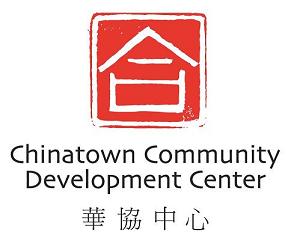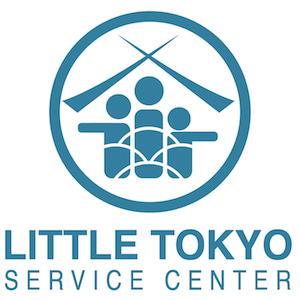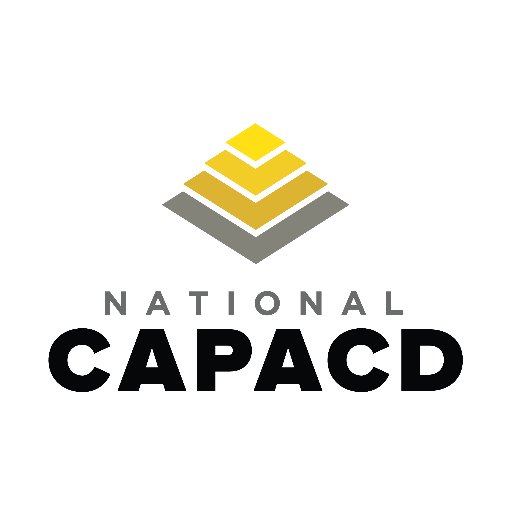National CAPACD Placemaking Learning Cohort (NEA)
HACBED is a partner with the National Coalition for Asian Pacific American Community Development (National CAPACD), Little Tokyo Service Center (LTSC), Chinatown Community Development Corporation (Chinatown CDC), and Asian Economic Development Association on a National Endowment for the Arts (NEA) grant to explore arts-based community development (AEDA). As the lead applicant, National CAPACD is implementing a Learning Circle which uses culture as a strategy for advancing equitable development in Asian American Pacific Islander (AAPI) communities. The Learning Circle’s first in-person meeting took place in early October in Hilo, Hawai‘i, and was hosted by HACBED.
In Hilo, 13 community development leaders from AAPI organizations across the country engaged in learning and discussion about cultural and community resilience. Support was provided by Local Initiatives Support Coalition (LISC) and ArtPlace, as well as NeighborWorks America. Participants connected to and learned from cultural practitioners from various parts of Hawai‘i Island, representing KUPA Friends of Ho‘okena Beach, O Maku‘u Ke Kahua Community Center, Hawaiian Civic Club of Laupahoehoe, and Kahalu Bay, as well as from representatives from the Mayor’s Office and from the County of Hawaiʻi’s Departments of Planning, Civil Defense, and Research and Development. As part of this experience, participants visited the Maku‘u Farmer’s Market, a community mural, and areas impacted by the 2018 volcanic activity in Puna. Convening participants also had the privilege to visit and learn from some of the ki‘ai (protectors) of Mauna Kea. The convening offered participants a unique, immersive learning opportunity about Native Hawaiian communities and the specific community and economic development issues they face. It also created a space for ongoing networking and dialogue about creative placemaking in AAPI communities.
Going forward, the group will convene in San Francisco and Minneapolis to visit other examples of creative placemaking and further their discussions. Chinatown CDC and AEDA will be the respective hosts with another gathering at National CAPACD’s Annual Convention. HACBED will continue to contribute based on its organizational experiences as tied to what placemaking looks like in Hawai‘i, with a particular emphasis on grounding in native culture and more deeply examining the Asian settler and colonial experiences. The discussions and learnings from this Learning Circle were shared with National CAPACD’s network via webinars, in-person meetings, and a creative project.





